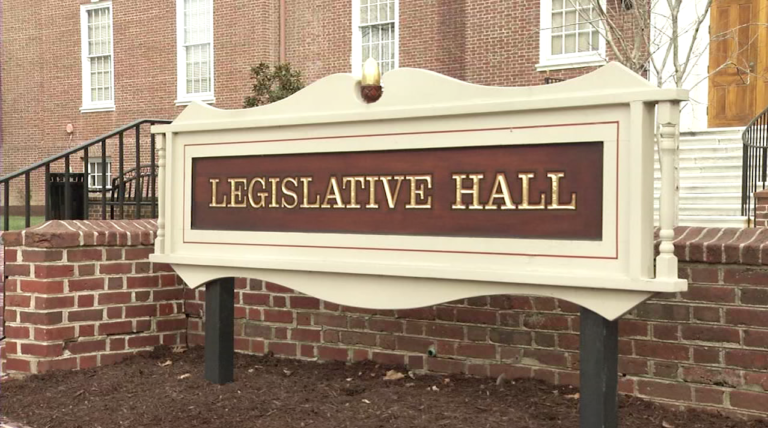Secretary of Finance explains Delaware Competes Act

Right now companies creating jobs or investing in property in Delaware are paying a higher corporate income tax.
That’s because the state equally factors the corporation’s total payroll, property, and sales when calculating the funds due to the state. However, that could change with the Delaware Competes Act. It’s already passed by the House.
Thomas Cook, Delaware’s Secretary of Finance says, “I think this will be certainly a tool that will not only retain the jobs and corporations within the state, but put us in a more competitive playing field.”
The changes would provide incentives for getting folks on the pay roll and putting a stake in property. The corporate income tax would be based on the revenue generated by a company’s activities in Delaware.
Cook continues, “That would give them really a credit on their tax bill and thus obviously it’s an economic development tool for the state.”
There are already 37 states that operate on this system in some form. Delaware is the only state east of the Mississippi that doesn’t.
If this legislation were to become a law, Delaware would lose an about $8.2 million in tax revenue in the 2017 fiscal year and $17.6 million the next year. Cook admits changes do cost money, but there’s room from growth with new companies coming in.
He continues, “With greater employment the personal income tax would go up, the gross receipt taxes could certainly see a benefit as well.”
That money would go to the state, but it’s unclear right now how much that would be. The bill addresses small businesses as well. It alters the code to simplify the filing process and gives them more protection from being penalized for filing errors.
Cook goes on, “When you’re a small business it’s very important cash flow to be successful. We won’t lose money because of that, but we will actually allow them to make payments less frequently.”
That falls in line with the theme of this proposed change. The theme is staying competitive. This legislation was approved Thursday on a 36 to 2 vote and has been sent over to the senate.


